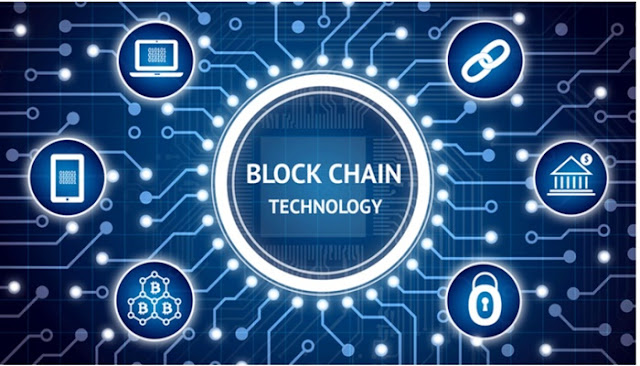Blockchain technology is reshaping the way supply chains operate, offering transparency, security, and efficiency in the movement of goods and services. This article explores the transformative impact of blockchain on supply chain management and its potential to address long-standing challenges.
Whether you're new to oil trading or an experienced pro, https://oilproprofit.com/ offers tailored insights for all levels
Challenges in Traditional Supply Chains
Traditional supply chains often face challenges related to transparency, traceability, and trust:
1. Lack of Transparency: Complex supply chains can lack transparency, making it difficult to track the origin and journey of products.
2. Counterfeiting: Counterfeit goods pose a significant risk to supply chain integrity and consumer safety.
3. Manual Processes: Many supply chain processes still rely on manual record-keeping, leading to errors and inefficiencies.
4. Trust Issues: Trust between participants in the supply chain can be compromised due to information silos and conflicting interests.
Blockchain's Role in Supply Chain Transformation
Blockchain technology offers several solutions to these challenges:
1. Transparency: Blockchain provides a shared, tamper-proof ledger accessible to all participants, ensuring transparency in the supply chain.
2. Traceability: Products and assets can be traced throughout the supply chain using unique blockchain-based identifiers.
3. Smart Contracts: Self-executing smart contracts automate and enforce agreements, reducing the need for intermediaries.
4. Immutable Records: Once recorded on the blockchain, data is immutable, reducing the risk of fraud or data manipulation.
5. Decentralization: Blockchain eliminates the need for a central authority, fostering trust among participants.
Use Cases for Blockchain in Supply Chain
Blockchain technology has numerous applications in supply chain management:
Provenance Tracking: Blockchain enables the tracking of product origins and movement, ensuring authenticity and quality assurance.
Inventory Management: Real-time updates on inventory levels and demand can prevent overstocking or stockouts.
Cross-Border Trade: Blockchain simplifies customs and trade documentation, reducing delays and errors in cross-border transactions.
Food Safety: Blockchain can quickly identify sources of contamination in the event of foodborne illnesses, ensuring timely recalls.
Ethical Sourcing: Consumers can verify the ethical and sustainable sourcing of products like coffee, cocoa, and diamonds.
Challenges and Considerations
Despite its potential, blockchain in supply chain management faces challenges:
1. Integration: Integrating legacy systems with blockchain can be complex and costly.
2. Scalability: Ensuring that blockchain networks can handle large-scale supply chains is crucial.
3. Data Privacy: Balancing transparency with data privacy regulations is a challenge.
4. Education and Adoption: Participants in the supply chain need education and incentives to embrace blockchain solutions.
The Future of Supply Chain Management
The future of supply chain management is likely to be blockchain-driven:
1. Ecosystem Expansion: More industries will adopt blockchain to create interconnected ecosystems.
2. Sustainability: Blockchain will enable greater transparency in sustainable and responsible sourcing.
3. Real-Time Analytics: Data from blockchain-enabled supply chains will fuel real-time analytics and predictive insights.
4. Reduced Waste: Efficiency gains from blockchain can reduce waste and environmental impact.
In conclusion, blockchain technology is revolutionizing supply chain management by enhancing transparency, traceability, and trust among participants. As blockchain becomes more integrated into global supply chains, it will address long-standing challenges and foster a more efficient and ethical movement of goods and services worldwide.

No comments:
Post a Comment